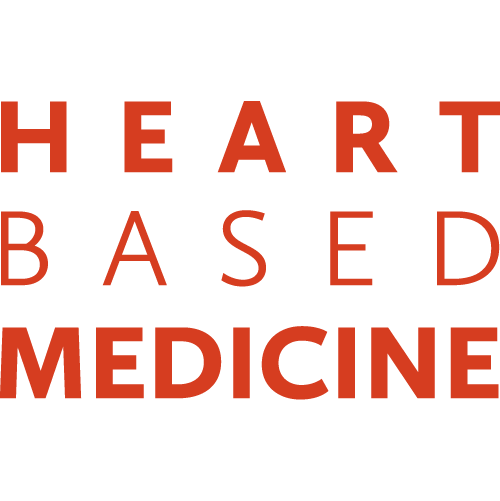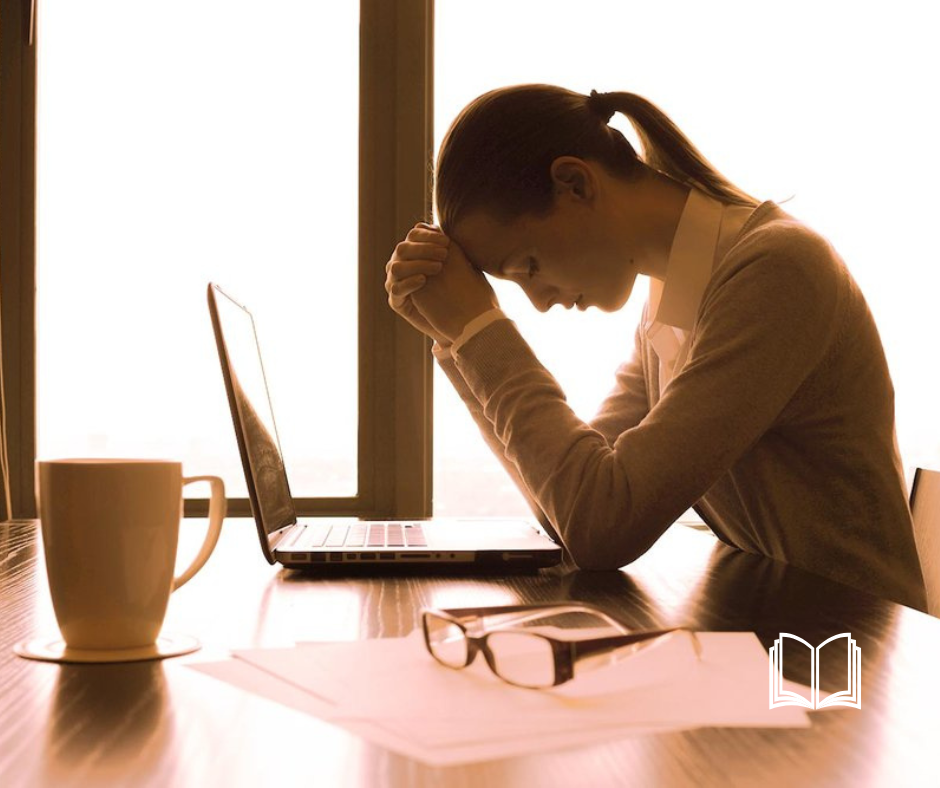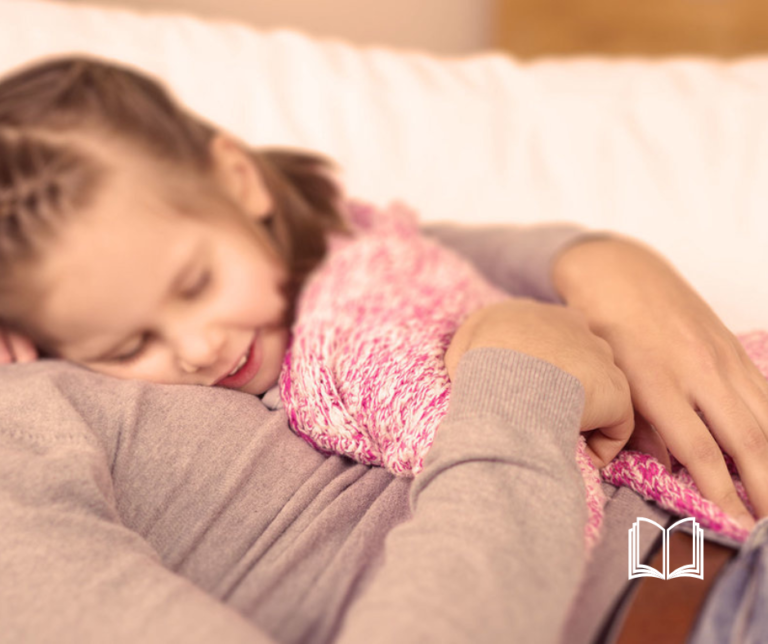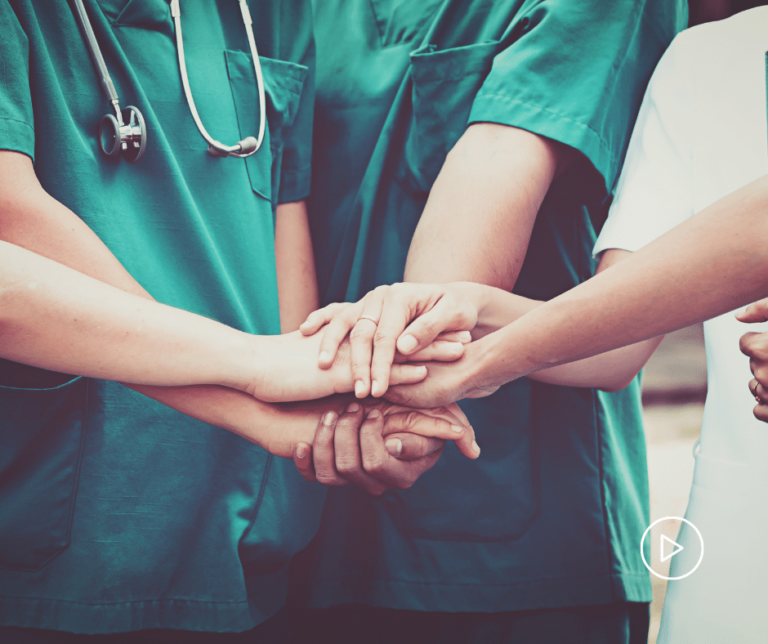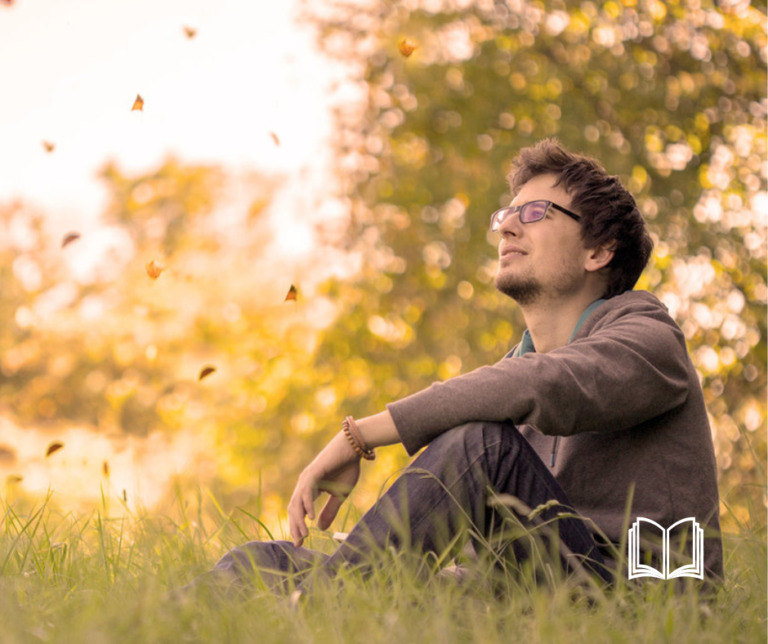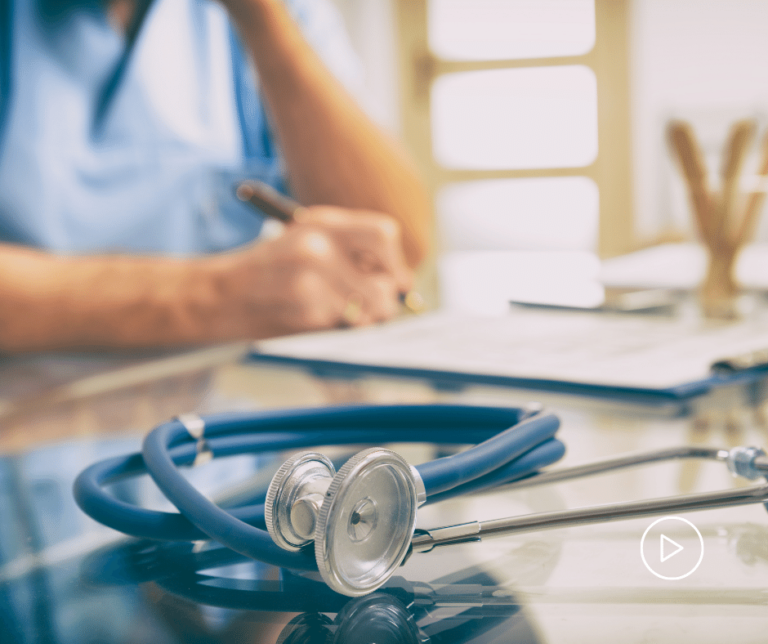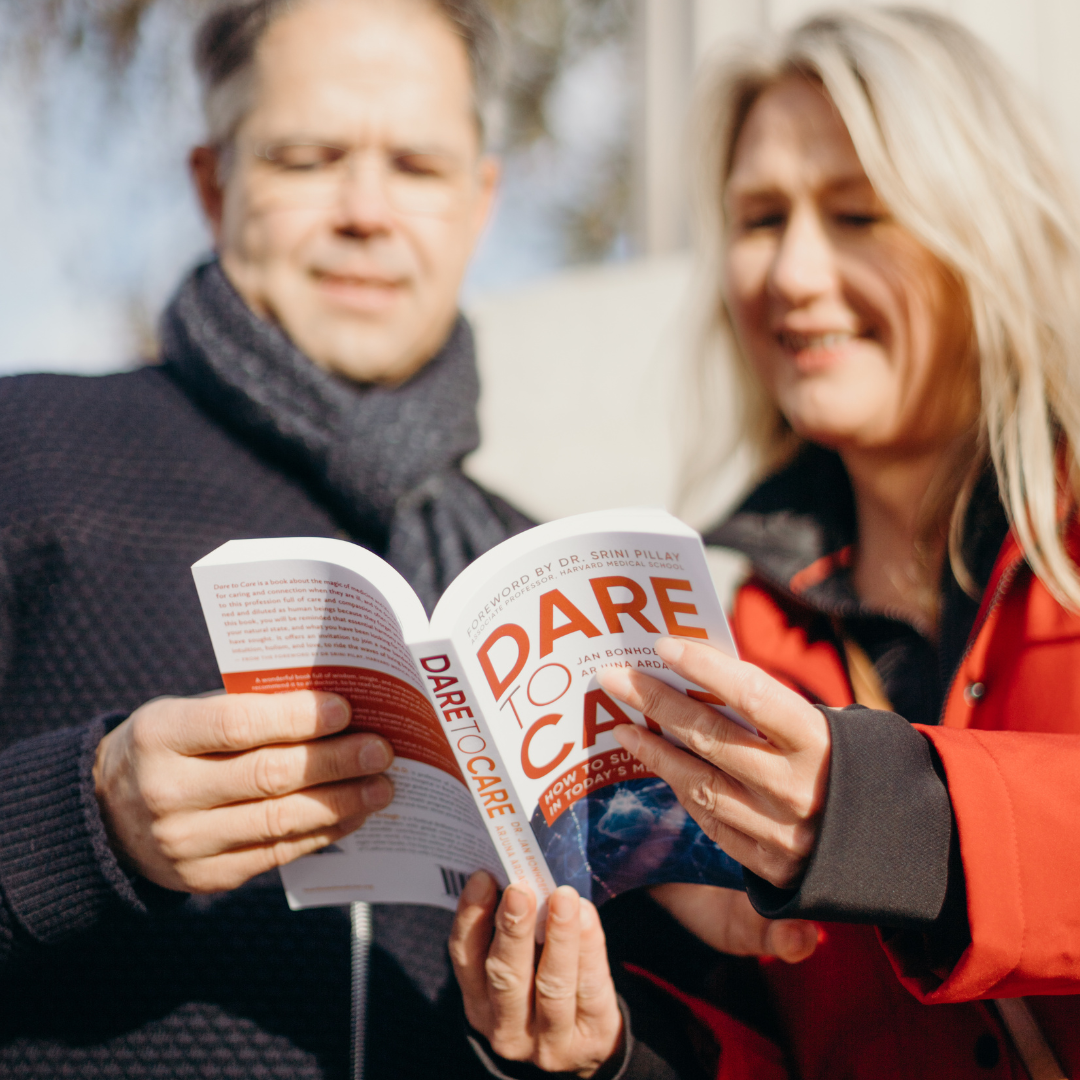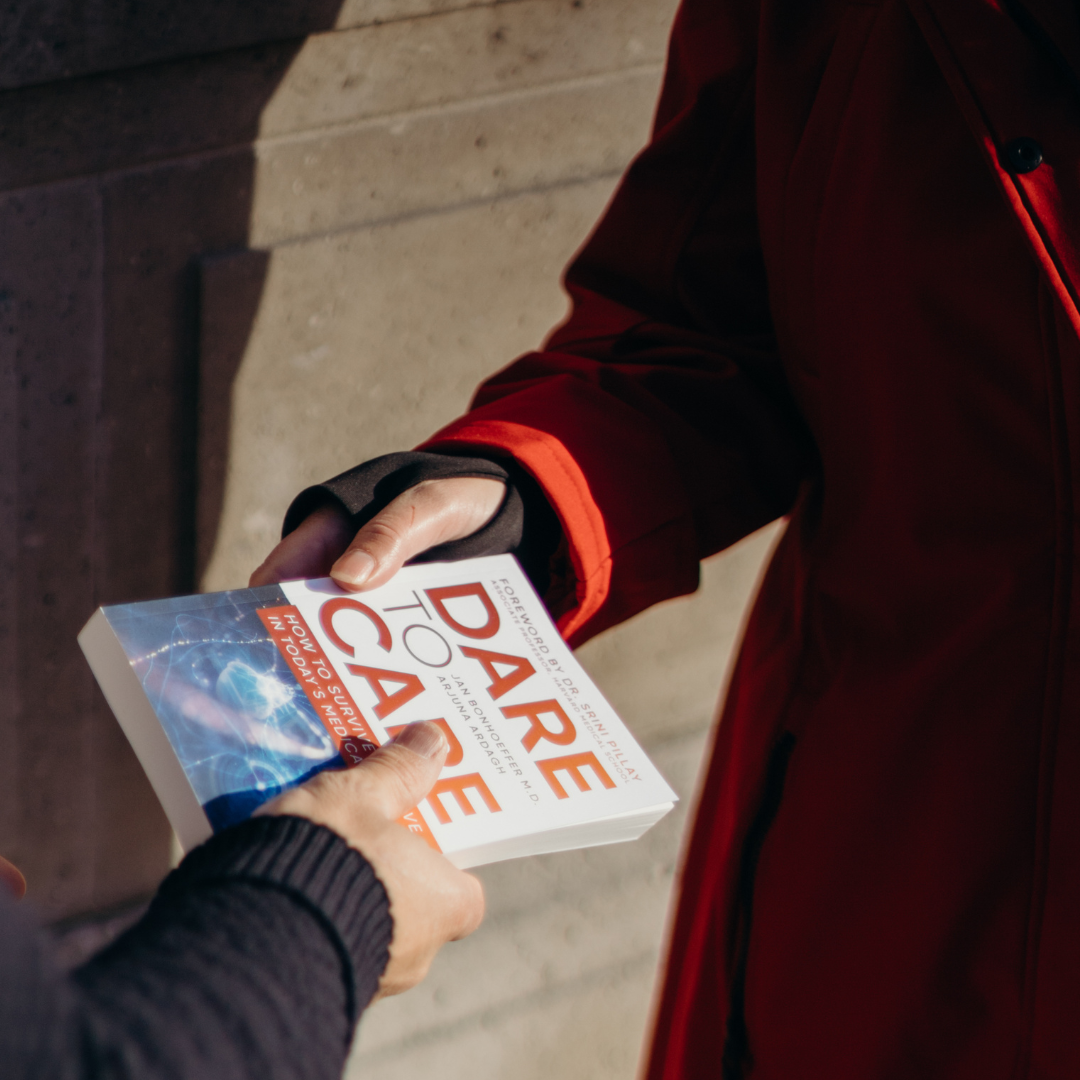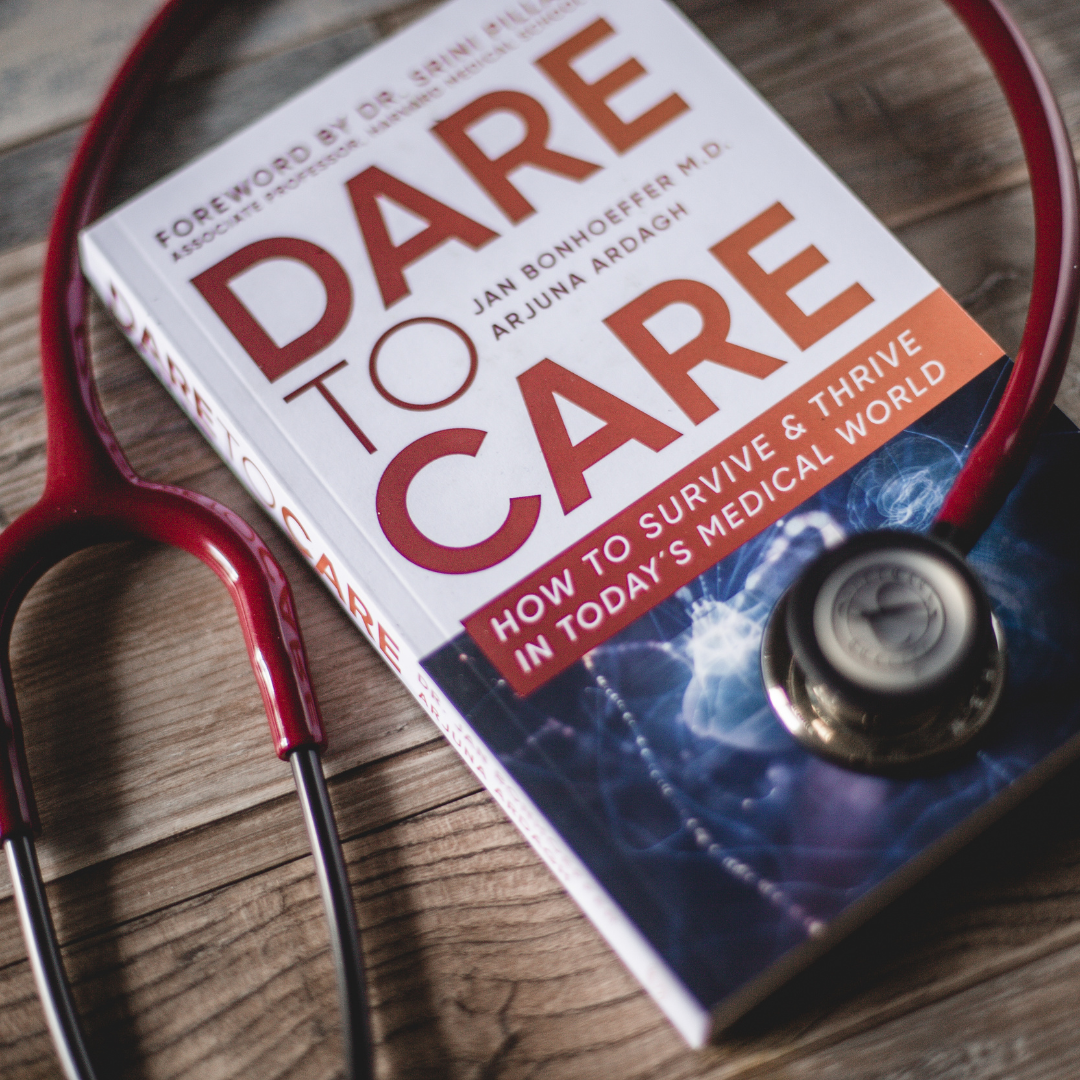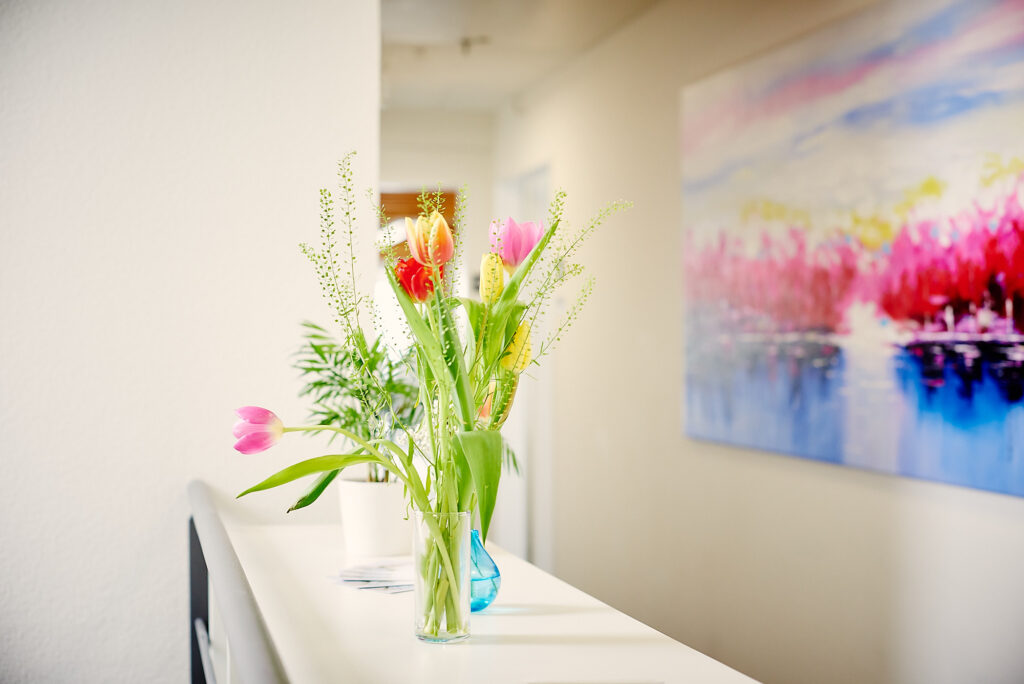Ahnjong was admitted to the hospital for failure to thrive, as a four-month-old baby girl. When I examined her, she had extraordinarily thick skin that reminded me of the skin of an elephant, with deep cracks in it, many of them bleeding. Her face looked like a dry mask: dry and cracked like the soil in the desert when it has not rained for many months. She had red and tender areas all over her body, with puss along some of the cracks.
In 20 years of practice, I had never seen anything like this. It appeared to be something like congenital elephant skin disease.
The little baby girl could not move any of the muscles in her face, because the skin was so thick and dry. She could not even move her lips. She was lying in a cot, a baby bottle lay on a cushion next to her face. The bottle was shaped like a banana, so she could push the tip and get a few drops of milk. She had to work hard at this just to get a little moisture.
When I sat down with her parents, they told me there was no family history of anything like this. Ahnjong’s father was born in Switzerland. He had moved to South Korea to start a business, but after some time it went bankrupt. His hair was cut short, he wore clean pressed jeans and a T-shirt that displayed his muscular physique. Despite this, his disposition had a sense of being broken. His body was bent forward, as though he was exhausted, beaten down by misfortune.
While in South Korea, he had met Ahnjong’s mother. She was small, with waist-length black hair. She was wearing black stretch leggings, flip-flops, and a loose T-shirt. She had a comfortable weekend look, but she also looked completely exhausted and desperate with worry. She brought home-cooked food into the hospital for her baby, to introduce vegetable mash into the diet.
They had enjoyed a life of success and financial security in South Korea, but since things had gone upside down for them, they returned to Switzerland feeling uprooted and displaced. All of their possessions were still in a container, on the way from Korea to Europe.
They arrived here with just a few suitcases.
It took several days to come to grips with what was going on. We were able to slowly rehydrate the baby, via a thin tube through her nose which went down into her stomach. Like this, we could build up her calorie intake and see what her body could absorb. We took swabs from her wounds. She was covered with a host of highly resistant bacteria. We started antibiotic treatment and other remedies to heal the skin.
After a few days, Ahnjong’s mother took me aside, very timidly. She had with her a bag of traditional Chinese medicinal ointments and baths. She explained that back in Korea these had helped much more than any of the allopathic treatments.
“Would it be all right to use these ointments here as well?” She asked me, in a hushed tone.
“ Tell me, what have you done so far for her skin?” I asked. “What has worked best for you, and what did not work so well?”
“We have been through all of the allopathic medicines available, back in Korea,” she replied. “We tried steroids and all sorts of immunosuppressant creams. None of them had a lasting effect. The only thing that really made the biggest difference was this Chinese herbal cream.” She produced a small pot from out of her bag.
“Thank you,” I said. “We will endeavor to find out more about this cream. Until then, I suggest we use the medications we are familiar with here. They may work differently, but I trust they will help.”
In fact, I was proven wrong. It turned out that the traditional Chinese medicinal creams and ointments and baths were by far the most effective treatments for the baby’s skin condition. They help to close the skin barrier much better than anything we had available.
After a few days, we were obliged to discharge the family, because they did not yet have any form of health insurance, and the baby was not in a life-threatening condition.
At that time, my wife Jessica was in private practice as a pediatrician, while I was working at the hospital. I decided to call her.
“ Sweetheart, I need your help. Please take care of this child. We have to make this happen, regardless of the health insurance situation.”
“ Of course,” she said. “It does not matter if we are paid or not. This sounds like a very sick child, who needs a family pediatrician immediately, no matter what.”
So Jessica took on the family, and they embarked together on a slow healing journey. Jessica and the hospital were able to work to find several solutions, with the best specialists, genetic testing, and all of the different options available through high-end modern medicine. Everyone was trying to understand the actual syndrome from which this child was suffering.
At the same time, Jessica learned a lot from this family about traditional Chinese medicine. No matter what they tried, it continued to be the case that the herbal ointments from Korea were the most effective at managing the symptoms, even though no progress was really being made on finding an actual cure.
After many months, Ahnjong was feeding better, and she was starting to slowly develop. By the time she was one year old, she had a developmental age of about six months. But she did slowly start to thrive. Test results showed a very high number of blood cells called eosinophils — several hundred times above normal. We could not identify a cause, and we put her on an antibody that would reduce these cells in her blood. Initially, it seemed to help a great deal to support her recovery, but she frequently had relapses. A couple of times, she was admitted back to the hospital with respiratory arrest, and essentially a silent chest.
Each time she was back in the hospital, in such a life-threatening condition, it initiated a fresh line of inquiry. Of course, I was familiar with the case, and so were many of my colleagues. The doctors who saw her for the first time, however, were as concerned as I had been the first time. How could she have been allowed to deteriorate so much? It raised understandable questions about how she was being cared for at home. Do the parents really care about this child? Is this a case that should be referred to child protection services? We had many conversations like this, amongst the team. I talked to the chest physician, the haematologist, the oncologist, and many more. Jessica and I continually reassured everyone that her parents were extremely concerned and responsible, but the baby was not responding well to any treatment. With all of these questions in the air, it created an atmosphere that could sometimes feel awkward. We were all concerned that the parents would not pick up on an atmosphere of suspicion.
Quite recently, I arranged with my colleagues that we would get together and have another roundtable discussion of everyone involved in her care, including both the parents, so we could get up-to-date and on the same page.
But then came the COVID-19 pandemic.
About two weeks into lockdown, Jessica felt concerned for how the family was getting on. She had not heard from them, so she made a phone call.
“How are you doing with all of this? I saw that you cancelled our appointment.”
“We really prefer not to come in,” answered the baby’s mother. We are afraid. She is in such a vulnerable state, we don’t want to leave home and risk anything at this time. We are just fine here, thank you.”
Jessica was able to arrange a video consult, but of course, physical examination and blood samples were impossible.
Recently, Ahnjong was admitted to the hospital with cardiac arrest. This is very rare in children, it usually starts with respiratory arrest. She was resuscitated, but the lack of blood to her brain had almost certainly lasted too long to go without some consequence. We have to wait now to see what will happen next, and what kind of neurological damage there may be. Already, she has started to have seizures and is showing some symptoms of brain damage. Now everyone is concerned that severe disability may add to this child’s suffering.
This is just one of the many untold sad stories of what is happening to people during this pandemic.
This case had nothing to do with being exposed to the coronavirus. Ahnjong is one of the many uncounted cases who are the collateral damage of our response to the virus.
Just a few days into the pandemic, we started to see that people become more hesitant to come in for well-baby visits, for checkups, or even just to see a doctor for any issue unrelated to coronavirus. They were afraid of getting infected on the way, or in the office.
We had to immediately separate suspected COVID patients from others and to ensure no waiting times. Sadly, people are seeking attention much later than they would have done before. As the lockdown relaxes, and families feel more comfortable to leave home to see a doctor, we may see an increase of other diseases, in much worse condition than they would have been in otherwise.
This is the unspoken indirect effect of the pandemic, which we will all hear much more about in the months to come.
Disclaimer: The views and opinions expressed in this article are those of the author and do not necessarily reflect the views of the Heart Based Medicine organization. They are not intended to diagnose, treat, cure or prevent any disease. They are the expressed opinion of the author for the sole purpose of educating the public regarding their health and wellbeing. Individual results may vary. Seek the advice of a competent health care professional for your specific health concerns.
